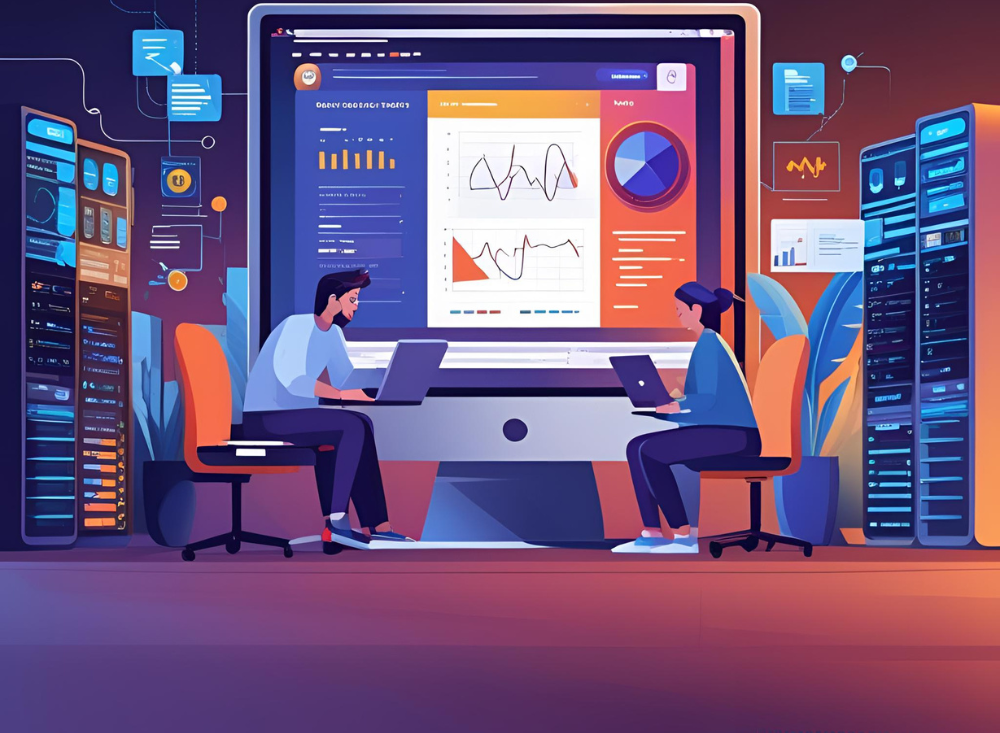
Big data testing ensures the accuracy, reliability, and performance of vast volumes of data across systems. As data grows rapidly, validating its integrity and usability becomes essential. This guide covers the essentials of big data testing, from understanding what it is to how Genqe.ai streamlines and optimizes the entire testing process.
What is Big Data?
Big data refers to massive, complex datasets that traditional data processing tools can’t handle effectively. It is defined by the 3Vs: Volume, Velocity, and Variety. Big data is gathered from various sources such as social media, sensors, and logs, and requires advanced systems and tools to store, manage, and analyze efficiently.
What is Big Data Testing?
Big data testing involves validating and verifying large datasets to ensure they are accurate, consistent, and usable. It includes testing the data ingestion process, data transformation logic, and the final output to ensure quality. Genqe.ai automates these validations, enabling fast, scalable, and precise big data testing across environments.
Types of Big Data Testing
There are primarily two types: functional and performance testing. Functional testing checks data accuracy, transformation logic, and completeness, while performance testing measures system behavior under large data loads. Genqe.ai supports both types with automation tools, making it easier to manage and validate diverse and complex data pipelines.
How Does Big Data Testing Help?
Big data testing ensures data-driven decisions are based on accurate insights. It helps detect corrupt data, ensures business rules are met, and maintains data quality during ingestion, processing, and output. With Genqe.ai, organizations can automate testing cycles and reduce errors, increasing confidence in data analytics outcomes.
Challenges in Big Data Testing
Testing massive datasets presents challenges such as data variety, scalability, and validation at high speeds. Data quality issues, parallel processing environments, and test data management are also hurdles. Genqe.ai tackles these by offering automated validations, real-time monitoring, and integration with big data platforms to ensure robust testing.
Strategies for Big Data Testing
Effective strategies include focusing on data quality, using automation, testing early in pipelines, and validating both structured and unstructured data. Incorporating continuous testing in data workflows improves reliability. Genqe.ai enables these strategies by offering scalable test automation, data comparison tools, and easy integration into big data frameworks.
How Genqe.ai Can Help?
Genqe.ai simplifies big data testing by offering automation across ingestion, transformation, and reporting layers. It supports real-time monitoring, parallel test execution, and seamless integration with Hadoop, Spark, and other platforms. Genqe.ai reduces manual effort and boosts efficiency, enabling teams to confidently manage and test large datasets.
Conclusion
Big data testing is essential for organizations that rely on accurate, large-scale data analysis. It ensures data integrity, enhances decision-making, and supports high-performance systems. Genqe.ai provides a powerful platform to automate and optimize big data testing, making complex data validation faster, smarter, and more reliable.